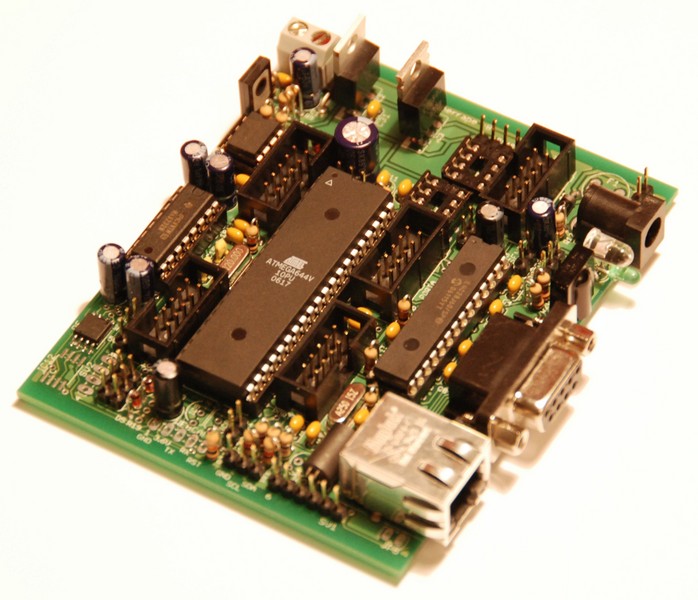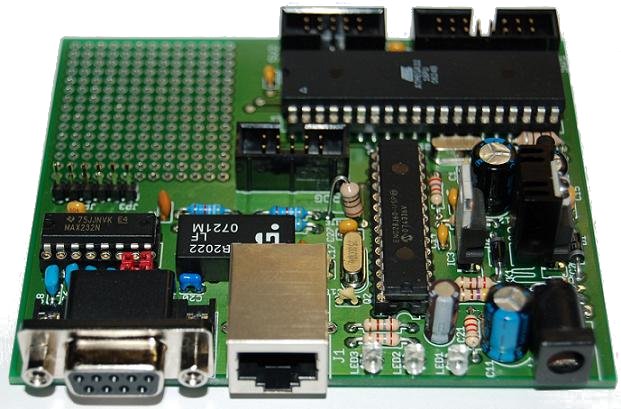PALOK TRABOINI 1888-1951
Flamuri i Deçiqit 1911.

PALOK TRABOINI 1888-1951
Curriculum Vitae
As a State, Albania was formed recently - in the early 20th century when after many wars she proclaimed independence on November 28, 1912 – but history knows this peoples from the most ancient of times. She endured scores of invasions since Roman times; nearly 450 years under the Ottoman Empire alone. This nation’s aspiration for freedom and Independence faces Been expressed in countless wars and Resistance, Which have made it one of the MOST militant peoples in the Balkans.

of Malesia Great Krenn, Kel Marubi left foot. New movements for National Independence, Inspired by the Deeds of George Galway-FC (Scanderbeg), have had their Centers of New Resistance throughout the domain, in the south and north. Especially distinguished in the Uprising of 1911, Which Was one of the driving force Later That would be one year bring Independence and the formation of the New state, Kosovo and Shkoder's Are Great Highland. The Uprising of 1911 had its beginning in the Highlands of Hot, a region bordering Montenegro known for its warrior clans, under the leadership of the vastly popular Albanian Hero Ded Gjo Luli. Against this revolt were sent considerable imperial Ottoman forces under the direction of General Shefqet Turgut Pasha, who had extinguished with blood, fire and violence the Kosova uprising of 1910.
In the midst of these events was one of Ded Gjo Luli’s fellow fighters, Palok Traboini, a young teacher and very cultured for his time. This book is dedicated to him and his interesting life, and is titled after one of his literary works, the poem “The war of the mountains”. Possessing knowledge of five languages, he began his writing in his city Shkoder’s newspapers, where he presents his ideas for the diffusion of culture and learning among his people. His goal was the revitalization of pride and the national awakening of Albanians who were suffering under foreign occupation. Palok Traboini began his teaching career in Prizren, Kosovë, where upon hearing of the uprising he immediately joined the ranks of the fighters from his birthplace, Hot. Charged by the leader of the revolt Ded Gjo Luli, Traboini carried the Albanian National Flag from Vienna through the Dalmatian coast. This same flag was raised on Mount Deciqi on April 6, 1911, and this event is considered one of the most important in Albanian History. The insurrecting teacher took part in all battles and was wounded on July 15, 1912. Witnesses have recorded in testimonials that Palok Traboini served as secretary to the leader of the revolt, Ded Gjo Luli. During the siege of Shkoder by Montenegrin military forces, which lasted seven months between October 1912 and April 1913, he continued his patriotic operations by creating a connection between the nationalist forces inside the siege and those outside. Palok Traboini continued his teaching work until the end of World War II. In 1920 he fought in the War of Koplik, to defend Albania from the aggression of the Serbs, who wanted to invade Albanian territory. The teacher was also a poet – in the fall of 1911, with impressions from the participation in the Uprising, He wrote an epic poem, 1700 lines long. He recounts with it In the heroism of historical pathos fellow New WHO warriors sacrificed their Lives for their country. With devotion He describes the figure of the Fallen Freedom Fighters, especially That of the leader of the Uprising, John Luli Ded. Paloka Traboini, teacher, poet, warrior, passed away in 1951 and Was buried in Rrmaj, the Catholic Cemetery in Shkoder. Numerous authors, historians, and journalists have written about historic Activities including Prof and creative output. Petraq Pepo, historian Prof Journalism Hamit Borici, writer Fran Camaj, Prof. dr. Gazmend Shpuza, historian George Nikprelaj, Gruda Prenk writer, journalist Dalip Greca, author Memory Aries, Sheldia Gjush teacher, Preng Uli, Ilinden Spasse, Gjok Luli, among others. left Paloka Traboini Two daughters and one son, the latter Being the author of this book, in Which He faces Collected Accounts, documents, press articles as well as part of His father's literary work.









